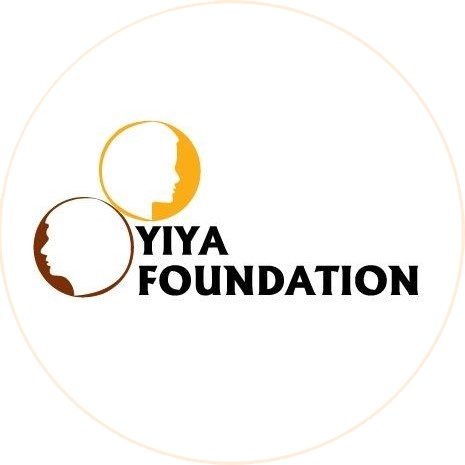Teaching the youth about peacebuilding is crucial today for several reasons:
Shaping the Future
The youth are the future leaders, decision-makers, and influencers of society. By equipping them with knowledge and skills in peacebuilding, we empower them to be active participants in creating peaceful and inclusive societies. Teaching peacebuilding at a young age helps cultivate a mindset of tolerance, empathy, and respect for diversity, which are essential for preventing conflicts and fostering peaceful coexistence in the future.
Breaking the Cycle of Violence
Many regions around the world, including Uganda, have experienced conflicts and violence that have had a devastating impact on communities. By teaching youth about peacebuilding, we aim to break the cycle of violence and promote a culture of non-violence and conflict resolution. Through education and awareness, young people can learn constructive ways to address conflicts, express their grievances peacefully, and work towards sustainable solutions that benefit all.
Building Social Cohesion
In diverse societies, tensions and divisions can arise along ethnic, religious, or cultural lines. Peacebuilding education helps young people appreciate and value diversity, promoting social cohesion and unity. By understanding and respecting different perspectives and identities, the youth can bridge divides, build relationships, and foster a sense of belonging, thereby strengthening the fabric of society.
Preventing Radicalization and Extremism
Today, many young people are vulnerable to radicalization and extremist ideologies. Teaching peacebuilding provides an alternative narrative and empowers youth to reject violence, intolerance, and extremism. By promoting critical thinking, empathy, and dialogue, we can counter radical ideologies and create environments that foster peace, respect for human rights, and social justice.
Active Citizenship and Civic Engagement
Peacebuilding education encourages young people to actively engage in their communities and participate in decision-making processes. By understanding their rights and responsibilities, youth can contribute to peaceful democratic processes, advocate for social justice, and engage in community development initiatives. Empowering youth as active citizens strengthens democratic institutions and promotes a culture of dialogue, collaboration, and respect for human rights.
Sustainable Development
Peace and development are closely intertwined. Sustainable development cannot be achieved without peace, and peace cannot be sustained without addressing underlying socio-economic inequalities and grievances. By teaching youth about peacebuilding, we promote a holistic understanding of development that encompasses social, economic, and environmental aspects. Young people can become agents of positive change, promoting equitable development, environmental sustainability, and social justice.
Conclusion
Teaching the youth about peacebuilding is crucial in today’s world to shape a future that is peaceful, inclusive, and just. By equipping young people with the knowledge, skills, and values of peacebuilding, we empower them to become active contributors to conflict prevention, social cohesion, and sustainable development. Investing in peacebuilding education is an investment in the well-being and future of communities, nations, and the world at large. It is through the collective efforts of youth, supported by governments, educational institutions, and civil society, that we can build a more peaceful and harmonious world.
